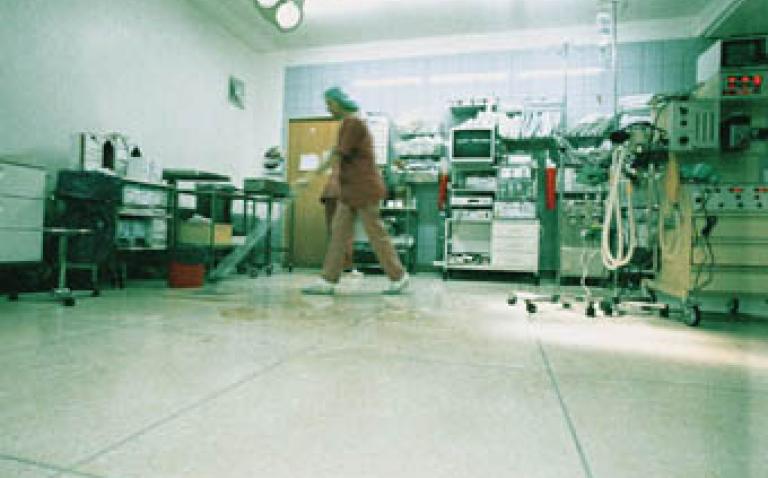The Health Protection Agency (HPA) has today published its latest quarterly report on MRSA (meticillin-resistant Staphylococcus aureus) bloodstream infections and C difficile (Clostridium difficile) infection figures.
The latest figures on MRSA bloodstream infections show that there were 1,087 cases reported in England during the October to December quarter of 2007. This represents a 0.6% increase on the previous quarter (July to September) when 1,080 reports were received.
Dr Georgia Duckworth, Head of the Agency’s Healthcare-Associated Infection and Antimicrobial Resistance Department, said: “Over the last year cases of MRSA bloodstream infection have been steadily falling.
“We would obviously like to have seen the trend continued in this quarter and hope that ongoing surveillance will show that this plateau is not indicative of a levelling trend, but we need to see next quarter’s figures.
“The NHS has faced a great challenge in turning around the seemingly unstoppable rise in MRSA bloodstream infections that we saw throughout the 1990s.
“The substantial decreases seen in recent quarters clearly demonstrate the huge efforts made by our NHS colleagues to combat these infections. Although the current figures indicate a plateau, variations in the rate of decrease over time are not unexpected and are not necessarily a cause for alarm.”
The latest C. difficile figures – also published today – show that there were 9,872 cases reported in patients aged 65 years and over between October and December 2007.
This represents an 8% reduction in reported cases in this age group from the previous quarter (July to September).
There are however some limitations to this quarter’s C. difficile figures owing to recent changes to the way in which Trusts are required to report cases of C. difficile and as these figures were collected during the transition period we cannot be confident that the apparent reduction is an accurate reflection of the current situation as the figures for some Trusts may not be complete.
Dr Duckworth continued: “Although the C. difficile figures this quarter may not be as accurate as we would like because of these changes, it was important not to disrupt the publication cycle and we strongly support the refinements to the data collection because these will make the surveillance more robust.”
Professor Peter Borriello, Director of the Agency’s Centre for Infections, said: “The reduction of health care associated infections is a big challenge throughout the world.
“The Agency continues to support the hard work of our NHS colleagues in combating these infections and the never-ending battle to fight all types of infection.”










